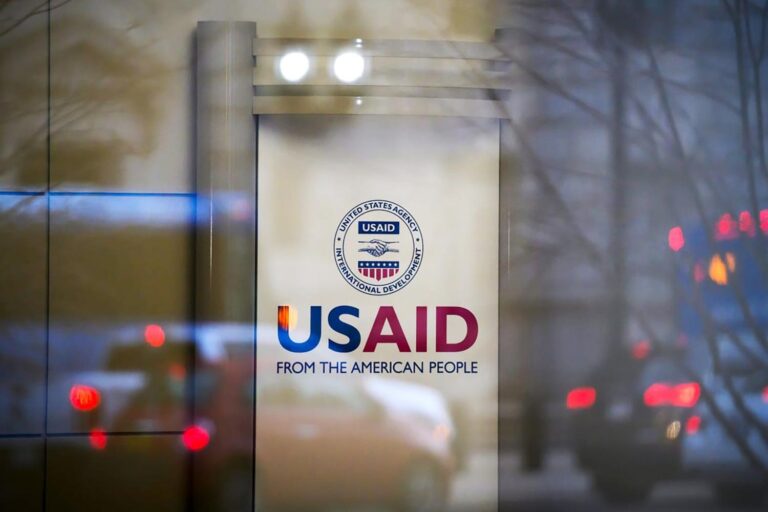Introduction
USAID has been integral in transforming the lives of countless individuals in Mali. Through various innovative programs, it addresses critical needs and fosters sustainable development. These initiatives focus on health, education, and economic development, making a profound impact on communities.
Improving Health and Nutrition
One of the focal areas of USAID’s efforts in Mali is improving health and nutrition. By implementing targeted interventions, USAID has successfully reduced malnutrition rates among children. The programs promote better nutrition education and provide access to essential health services, resulting in healthier families.
Access to Clean Water
Access to clean water is a key component of health improvement strategies. USAID has invested in building water supply systems in rural areas, ensuring communities can access safe drinking water. This initiative not only prevents waterborne diseases but also enhances the quality of life for many Malians.
Enhancing Educational Opportunities
Education is another pivotal area where USAID is making a difference in Mali. Through its educational programs, USAID has facilitated access to quality education for thousands of children. Initiatives focus on training teachers, improving school facilities, and providing learning materials.
Empowering Women and Girls
Empowering women and girls through education has become a focal point of these programs. By encouraging female enrollment and retention in schools, USAID is breaking down barriers and changing societal norms. This empowerment enables women to contribute more significantly to their families and communities.
Boosting Economic Development
USAID is committed to enhancing economic development in Mali through various programs. These efforts aim to create jobs and promote entrepreneurship among local populations. By supporting small businesses and providing training, USAID helps individuals gain independence and improve their living standards.
Investment in Agricultural Training
A part of this economic development strategy includes investment in agricultural training. USAID equips farmers with the knowledge and tools they need to increase productivity and ensure food security. These agricultural initiatives not only support local economies but also help communities build resilience against climate change.
Conclusion
The impact of USAID programs in Mali is profound and wide-reaching. By focusing on health, education, and economic development, these programs are markedly changing lives. For more information on how these initiatives are transforming communities, visit this link.

